Supplement the course for future diplomats
Director of the AEHC, Vladimir Zrelov, briefly introduced the scientist and diplomat to the evolution of the aviation engine industry and told about the most significant, breakthrough ideas and technical solutions in this area. Anatoly Torkunov was interested in the rotorcraft NK-93, cryogenic NK-88 on liquid hydrogen and the work of Samara University in the hydrogenic area. During the visit, Vladimir Zrelov also proposed to supplement the knowledge collected and stored in the AEHC with a course on the history of technology, read to future diplomats.
Following the visit, Anatoly Torkunov left a comment about what he saw at the Aviation Engines History Centre, “We are proud that we have such masters and specialists! Teach the young, and new Kuznetsovs and Mikulins will appear!”
Internships at MGIMO
In May 2023, in Moscow, the agreement on cooperation in research and education was signed between Moscow State Institute of International Relations (MGIMO) of the Ministry of Foreign Affairs of the Russian Federation and Samara University. The document was signed by Anatoly Torkunov and Vladimir Bogatyrev, Rector of Samara University. As part of this agreement, MGIMO specialists participate in events jointly with the Regional Centre for the Development of Public Diplomacy and International Relations named after Yevgeniy M. Primakov.
During Anatoly Torkunov's visit to Samara, the rectors additionally discussed the organization of internships for students of Samara University at MGIMO, holding ASEAN Week and SCO Week in Samara, as well as participating in scientific conferences on topics related to digital diplomacy and space diplomacy.
“It is extremely important for me that the Primakov Center works in Samara”
Vladimir Bogatyrev told the guest about the University and, in particular, about seven youth language clubs operating based on the Primakov Center. They introduce students to the culture and language of France, Germany, England, Turkey and China, and UNESCO activities.
Vladimir Bogatyrev specifically emphasized a commemorative exhibition dedicated to Evgeny Maksimovich Primakov. The service record of the famous politician includes positions as director of the Foreign Intelligence Service, foreign minister, and prime minister of the country. Evgeny Primakov visited Samara three times. In 2001, he visited Samara State Aerospace University (now Samara University), in 2003 – the Chamber of Commerce and Industry, and in 2009, he watched the work of the Progress Rocket and Space Center – all his visits are captured in photographs at the Center named after him, a number of historical photographs were provided to the University by the Ministry of Foreign Affairs of the Russian Federation.
“It's great,” the MGIMO Rector praised the exhibition. During the meeting with international students, Anatoly Torkunov said that he had known Evgeny Maksimovich for many years when he had worked as a journalist for the Pravda newspaper, and talked about his service in Cairo, in the Middle East, "We had close, friendly relations with Evgeny Maksimovich. And therefore, it is extremely important for me that a Center named after him works in Samara. Here, students can learn about Primakov's contribution to international relations – I really want new generations of diplomats to know about such outstanding personalities.”
Anatoly Torkunov also left a commemorative note in the book of the Primakov Center, “It was with great pleasure that I visited the Center, which bears the name of Evgeny Maksimovich Primakov. His books and ideas are still relevant, and it is a great honor to be involved in the Center of his name. I wish success to the Center and all its activists.”
Develop communication skills and empathy
Anatoly Torkunov worked as a diplomat abroad, and therefore the students asked what turned out to be the most difficult thing for him in that activity. The MGIMO Rector replied that the most difficult and important thing was the development of communication skills and the ability to work in a team, since tasks were often given to the team. He also noted that young international students need to be able to communicate with very different people from different social environments and establish personal contacts.
“Communication skills are acquired as a result of hard and patient work. In addition, it is necessary to develop a sense of empathy, which allows you to look at the situation through the eyes of a partner, understand his arguments, and negotiate. It is necessary to possess the tools of soft power," the academician noted, “in addition, it is very important to write well, to be able to express your thoughts so that they are understandable to everyone. This is a great skill, which is quite difficult to master, but you need to learn it, train your written speech. For example, Russian Foreign Minister Sergei Lavrov masters this talent perfectly.”
The MGIMO Rector added, an international student should be a person of encyclopedic knowledge and be physically healthy, “The work of diplomats is very hard and stressful, during international visits sometimes you need to visit three countries in three days.”
Take a broader look at your major
During the conversation, Anatoly Torkunov urged international students to take a broader look at their major and, where additional knowledge is needed, acquire it, “Especially since Samara University has it all – there is a wide range of socio-humanitarian, natural science and engineering specialties here, excellent specialists in the field of artificial intelligence work.”
The MGIMO Rector also said that he discussed with Vladimir Bogatyrev the launch of a joint module for students to study tracks for the development of new information technologies.
Student books from MGIMO
The young people were also concerned about aspects of the current international situation, building relationships with the global majority. Anatoly Torkunov noted that relations with the countries of the Asia-Pacific region, Africa, and Latin America were actively developing then. And the time has come to create new international institutions, regulations that ensure new trade and economic relations – this will require a lot of work.
The scientist also added that due to the powerful restructuring of political, trade and economic relations in the world, it was necessary to update educational programs. MGIMO is preparing to release new textbooks on modern international relations and is ready to share them with Samara University.
Photo: Olesya Orina, Daria Sheshunova
 RU
RU  EN
EN  CN
CN  ES
ES 
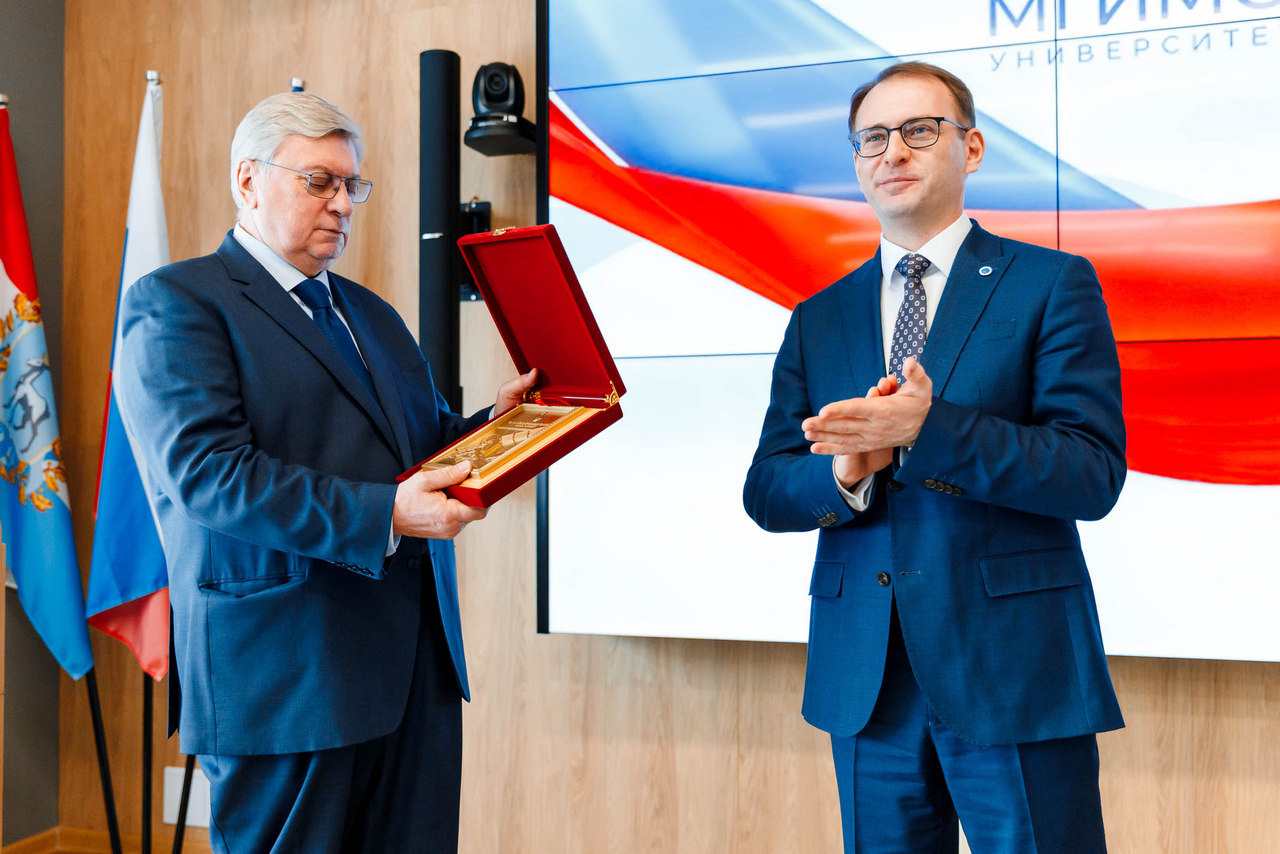
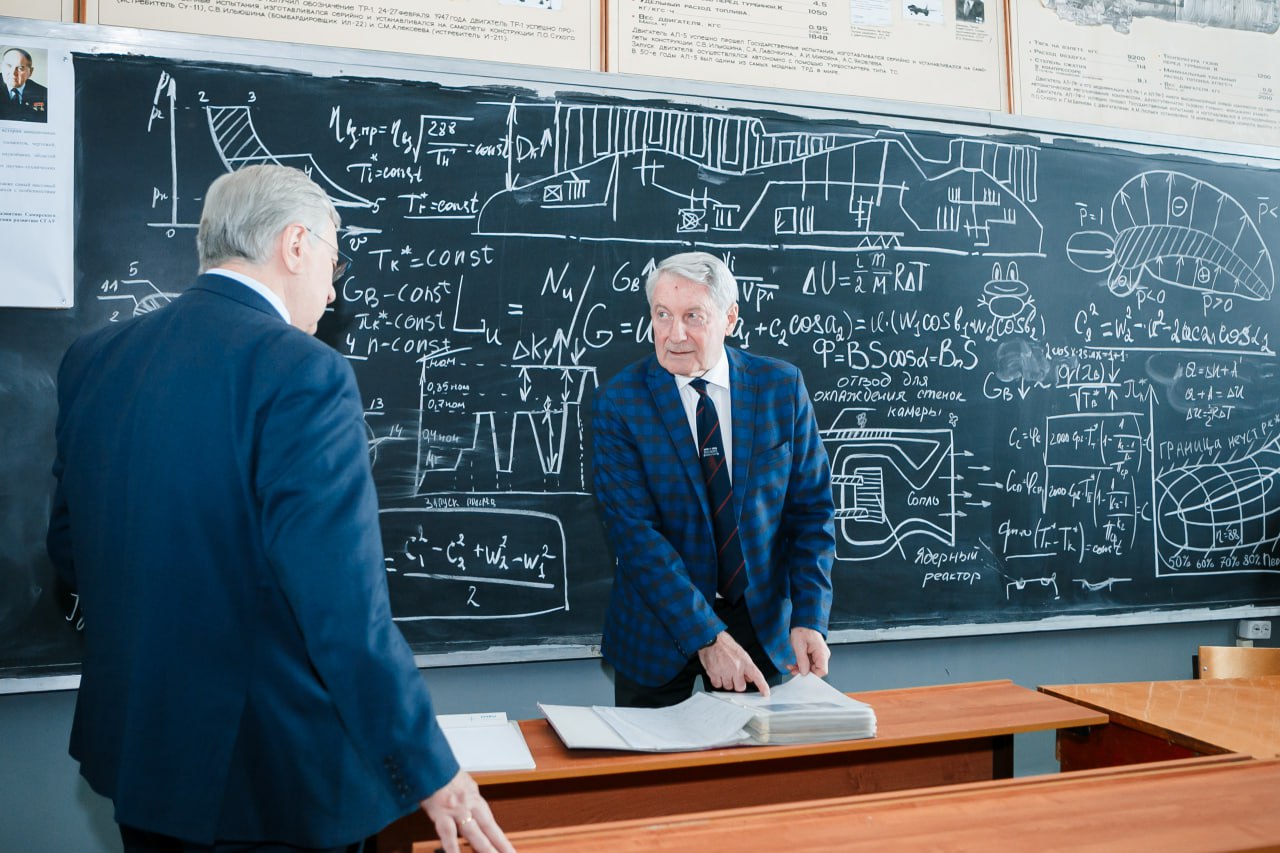
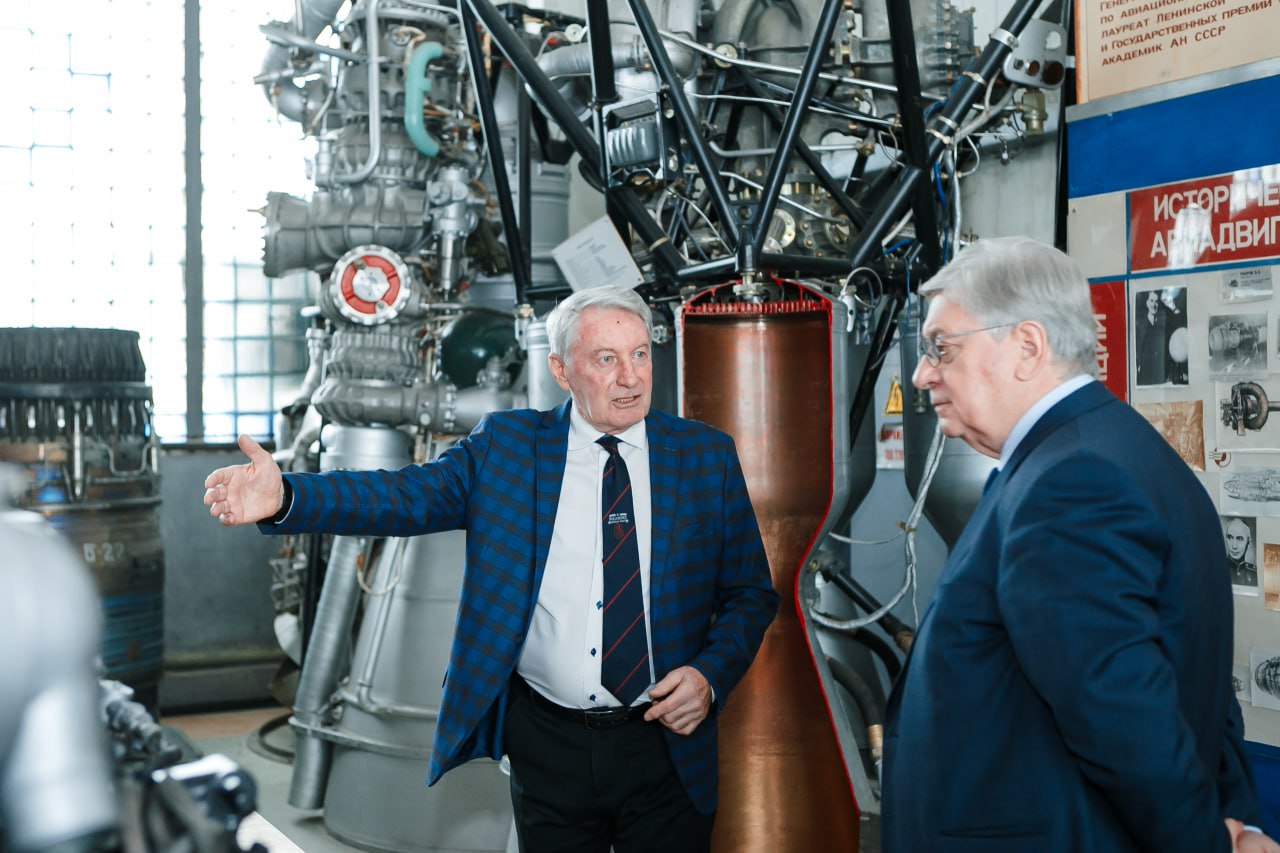
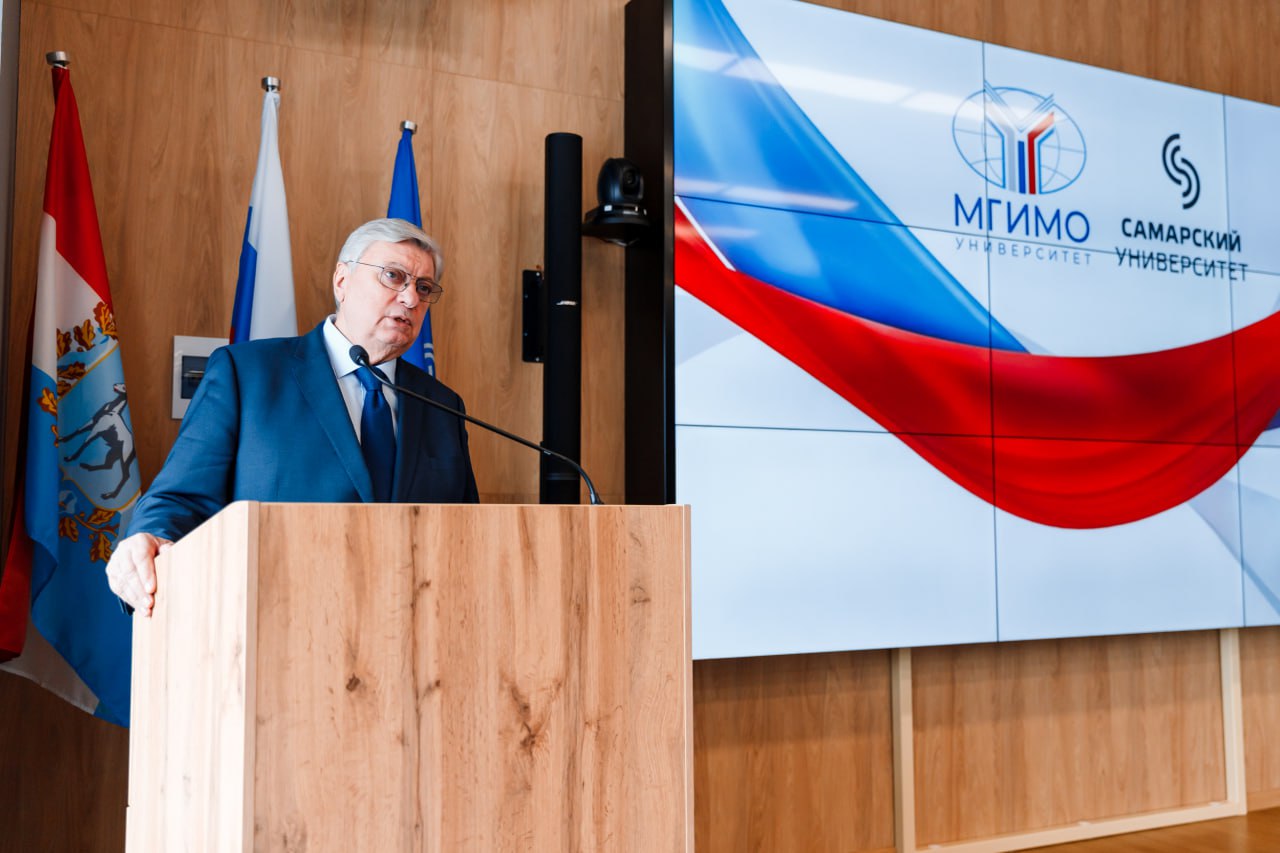
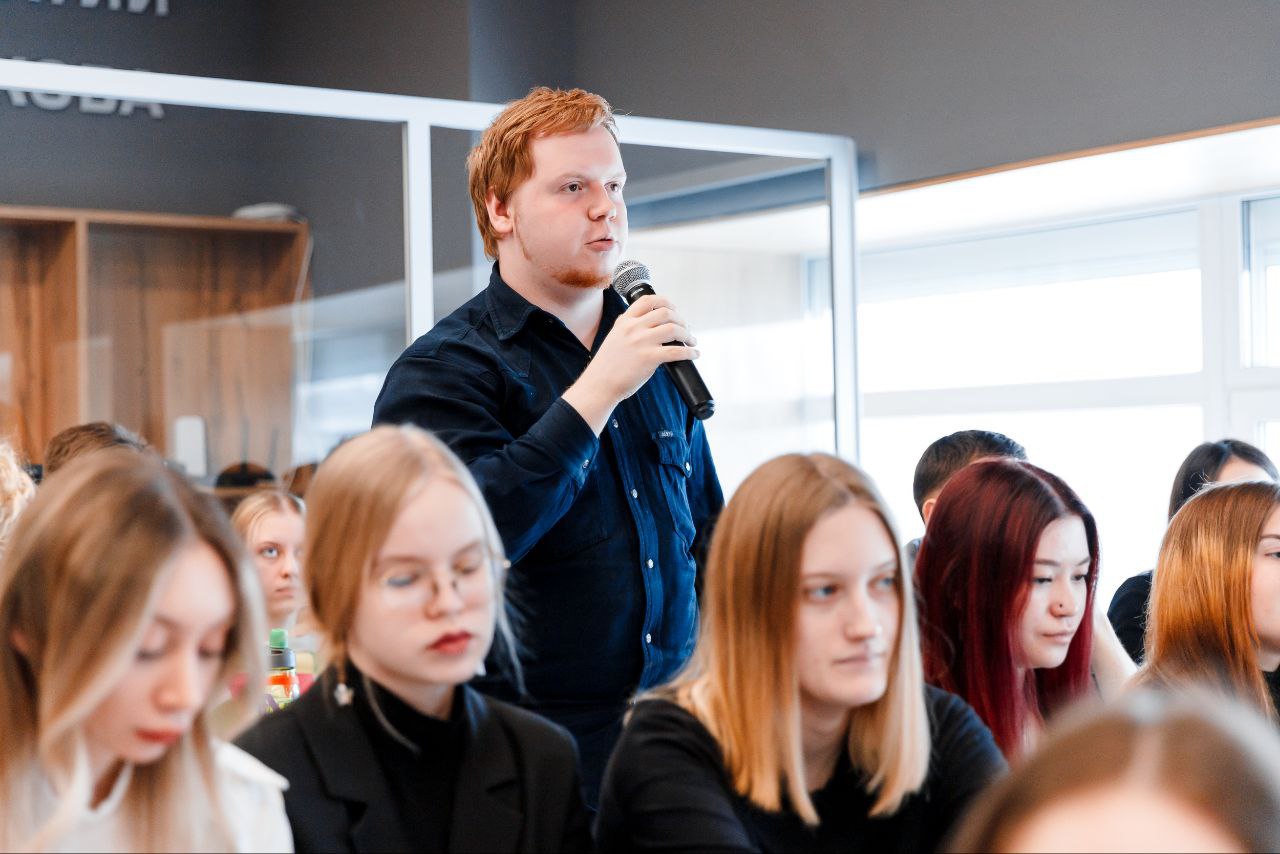
.jpg)
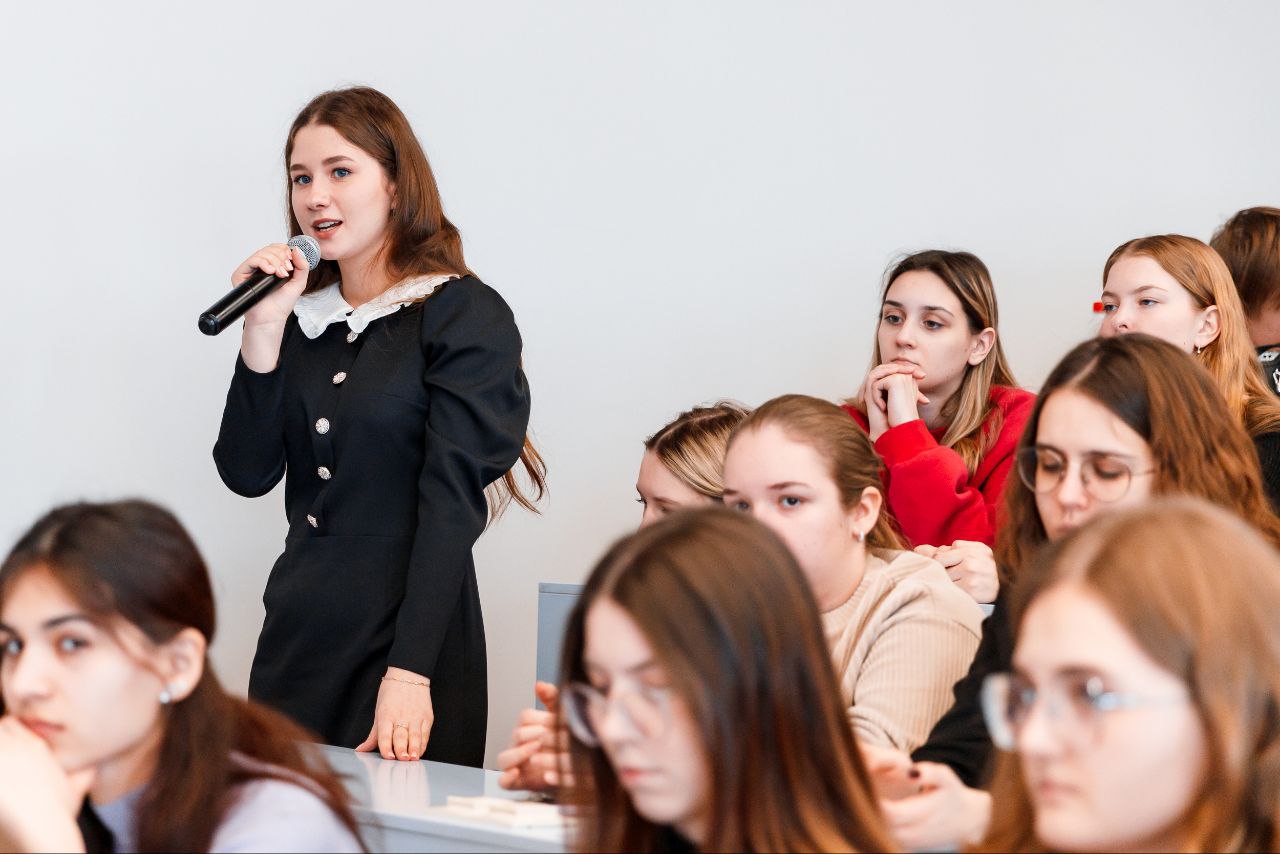
.jpg)